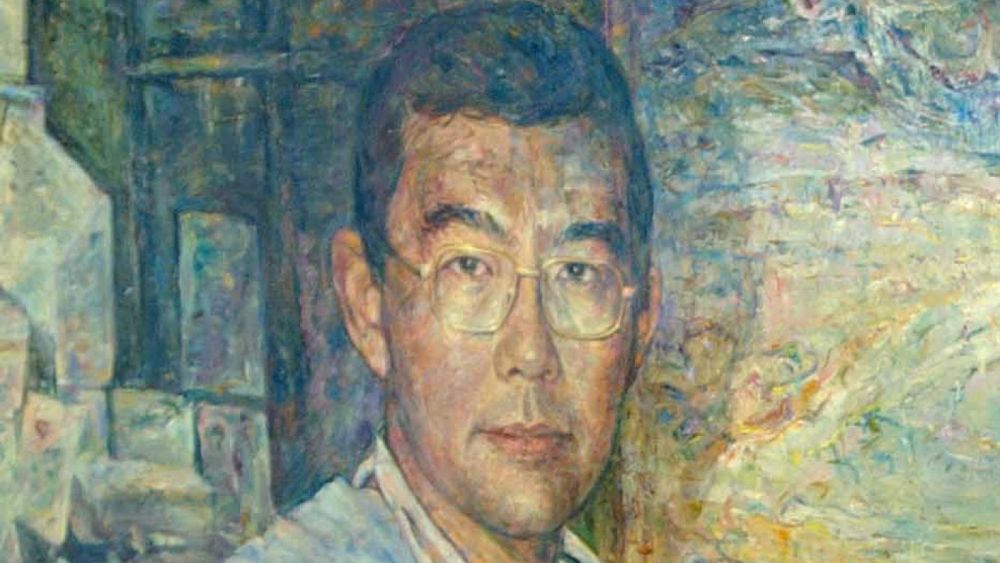The Chinese Australian doctor was known as a pioneer of modern heart transplant surgery.
A famous heart surgeon would have turned 87 today if he hadn’t been murdered in a suburb of Sydney more than three decades ago.
Born in China, Dr Victor Chang would become one of Australia’s most important cardiac surgeons, performing a heart transplant on a 14-year-old and saving hundreds of lives.
The life of a pioneering doctor
Victor Chang was born in Shanghai in 1936 and sent to Australia to stay with extended family in the early 1950s. Chang eventually went on to study in the US and UK before returning to St Vincent’s Hospital in Sydney, Australia.
In Sydney, he worked alongside the doctors who performed Australia’s first heart transplant in 1968, according to the research institute named for him.
Chang would perform the country’s first successful heart transplant in 1984. A month later, he operated on 14-year-old Fiona Coote, who would become the longest-surviving heart transplant recipient in the country.
He was also known for developing an artificial heart valve that could be used in surgery.
The surgeon was awarded Australia’s highest honour in 1986 “in recognition of service to international relations between Australia and China and to medical science”.
Chang was murdered in 1991 at the age of 54 in a failed extortion attempt. Three years later, a research institute was established in his name.
According to the Victor Chang Cardiac Research Institute, the death of Chang’s mother in 1948 due to breast cancer influenced his choice to pursue medicine.
History of heart transplants
The first successful human-to-human heart transplant, where a patient’s heart was replaced with a donor’s heart, was performed by Christiaan Barnard in 1967 in South Africa.
The recipient died a month later but the transplant was considered to be successful.
The next year there were around 100 heart transplants carried out but the survival rate was low, with only 10 recipients surviving two years later.
The first heart transplant in Europe was performed in April 1968 in the Paris hospital la Pitié-Salpêtrière.
But by 1970, heart transplants decreased as recipients had a “high rate of early rejection and mortality,” according to a publication in the journal Circulation.
Advances in immunosuppression and patient care that same decade would improve survival outcomes.
More than 8,000 heart transplants were carried out globally in 2021, according to the Global Observatory on Donation and Transplantation.
Demand for human organs, however, is higher than the number that are available for transplant. More than 150,000 Europeans were on a waiting list for organ transplants in 2018.
Doctors continue to study whether xenotransplantation, transplanting animal organs into humans, could be a possible solution.
Earlier this month, the second person to receive a genetically modified pig’s heart in an experimental transplantation died nearly six weeks after surgery.
The doctors behind the experimental transplantation thanked patient Lawrence Faucette for allowing them to advance towards making xenotransplants a reality.
In a video looking back at Chang’s life, he is heard saying that he admires donors’ families.
“In time of crisis, to make that decision to give somebody else an opportunity to live, I think that’s the greatest gift that you can give people,” Chang said.

Sophie Anderson, a UK-based writer, is your guide to the latest trends, viral sensations, and internet phenomena. With a finger on the pulse of digital culture, she explores what’s trending across social media and pop culture, keeping readers in the know about the latest online sensations.








